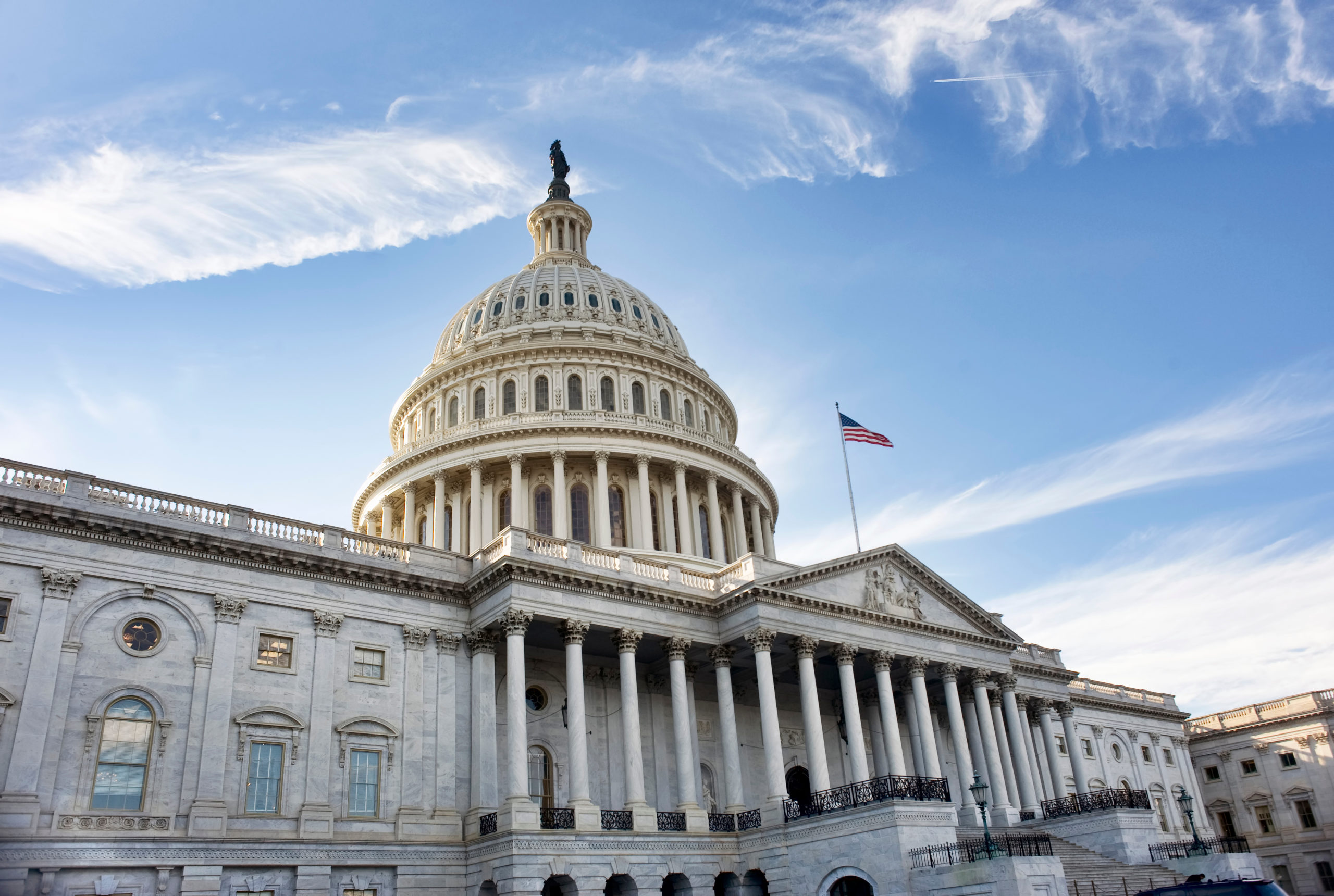Advocates seeking to end financial secrecy marked a major milestone this July when the House of Representatives approved the Maloney-King Corporate Transparency Act in a vote of 336-71, as an amendment to the must-pass National Defense Authorization Act (NDAA).
By advancing beneficial ownership disclosure in the NDAA, the House of Representatives has signaled its seriousness about ending the abuse of anonymous shell companies. It’s now time for the Senate to act in turn and get this critical reform across the finish line.
The national security case for ending anonymous shell companies is stronger than ever. Bad actors — terrorists, rogue nations, arms dealers, authoritarians — rely on anonymous shell companies to fund projects that undermine U.S. interests. These threats are only multiplying in recent months. Just in May, North Korea made news by using secret companies to evade U.S. sanctions and put $2.5 billion toward its nuclear ambitions. Likewise, a top Pentagon official sounded the alarm on anonymous companies buying out small DOD contractors struggling during COVID-19, opening the door to opportunistic adversaries who want visibility into the U.S. defense pipeline. Anonymous incorporation is an unnecessary and dangerous vulnerability in our nation’s defenses that must be addressed quickly.
The House of Representatives did its part to close this vulnerability in the U.S. financial system by passing this legislation last October with bipartisan and White House support. Since the fall, the top Republican and Democrat on the Senate Banking Committee have likewise invested countless hours in moving this reform forward. Senators Mike Crapo (R-ID) and Sherrod Brown (D-OH) spent months of careful deliberation with the Administration and outside stakeholders ahead of introducing their own NDAA amendment — the Anti-Money Laundering Act (S.Amdt.2198 to S. 4049) — which builds further on the Senate’s earlier companion, the ILLICIT CASH Act (S.2563).
The past eight months of bipartisan collaboration in both chambers have turned out new, substantive constituencies in support of incorporation transparency. In June, a bipartisan group of 42 state attorneys general, including the AG from Delaware, signed a letter supporting Senate legislation, marking an unprecedented moment in state-level support for federal reform.
Even more notably, the U.S. Chamber of Commerce reversed ten years of opposition to incorporation transparency and endorsed reform, noting that the current legislation has made major strides to balance the national security and law enforcement imperative while minimizing the compliance burden on small businesses. A recent coalition letter from the U.S. Council for International Business, the B Team, SafeProof and the National Foreign Trade Council likewise underscores the business imperative for ending anonymous shell companies used to sell counterfeit and pirated goods.
The Senate itself is now making this a key issue — a July 30 report from the Senate’s Permanent Subcommittee on Investigations, led by Sen. Rob Portman (R-OH) and Sen. Tom Carper (D-DE), even called for beneficial ownership disclosure as a key recommendation to combat money laundering and sanctions evasion by U.S. adversaries through the art market.
As every major constituency comes on board with this policy reform, it’s a matter of when, not if, beneficial ownership disclosure passes into law.
When Congress returns from the August recess, Senate leadership must work with Sens. Crapo and Brown, as well as the House of Representatives, to enact beneficial ownership disclosure and close this critical vulnerability to U.S. national security.

